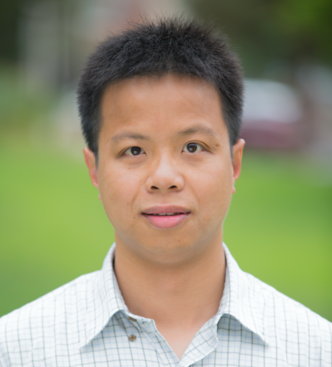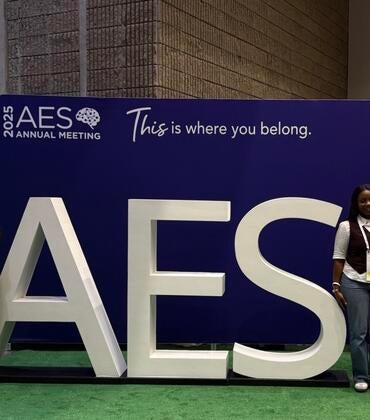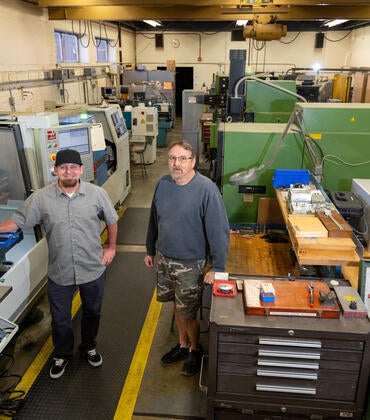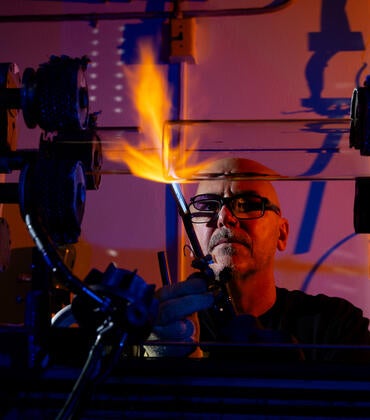Nanoscale technology has greatly improved our daily lives with products such as computers, phones, and solar cells. To develop the next-generation nanotechnology, new classes of materials need to be explored. Two-dimensional “valley semiconductors,” such as monolayer molybdenum disulfide (MoS2) and tungsten diselenide (WSe2), have remarkable properties and novel applications.
When these materials absorb light, some electrons can get freed, leaving behind vacancies called holes. The electrons and holes can form bound quantum states called excitons, which govern the materials’ optical properties. Moreover, these materials possess two different valleys, which are energy minima in the electronic band structure. The excitons can occupy either valley; their valley index can be used to encode information. Novel applications in excitonic and valleytronic technology can be found by exploring and manipulating these valley excitons.
Chun Hung (Joshua) Lui, an assistant professor of physics and astronomy, and his research team recently combined ultraclean devices and strong magnetic fields to reveal new properties of valley excitons in monolayer WSe2. In particular, they observed the magnetic quantization of excitons, manifested as quantum oscillations.
“Remarkably, excitons at different valleys show different quantization behavior under a magnetic field,” said Lui, whose lab focuses on laser spectroscopy and ultrafast science of innovative materials. “This reveals interesting fundamental properties of the valley excitons, which can contribute to excitonic and valleytronic technology.”
The results were recently published in Physical Review Letters.
Lui is the recipient of the National Science Foundation’s prestigious Faculty Early Career Development (CAREER) Award in 2020. The five-year CAREER award with a total funding of about $500,000 will allow Lui’s team to conduct pioneering research on the novel excitonic physics of 2D materials.





